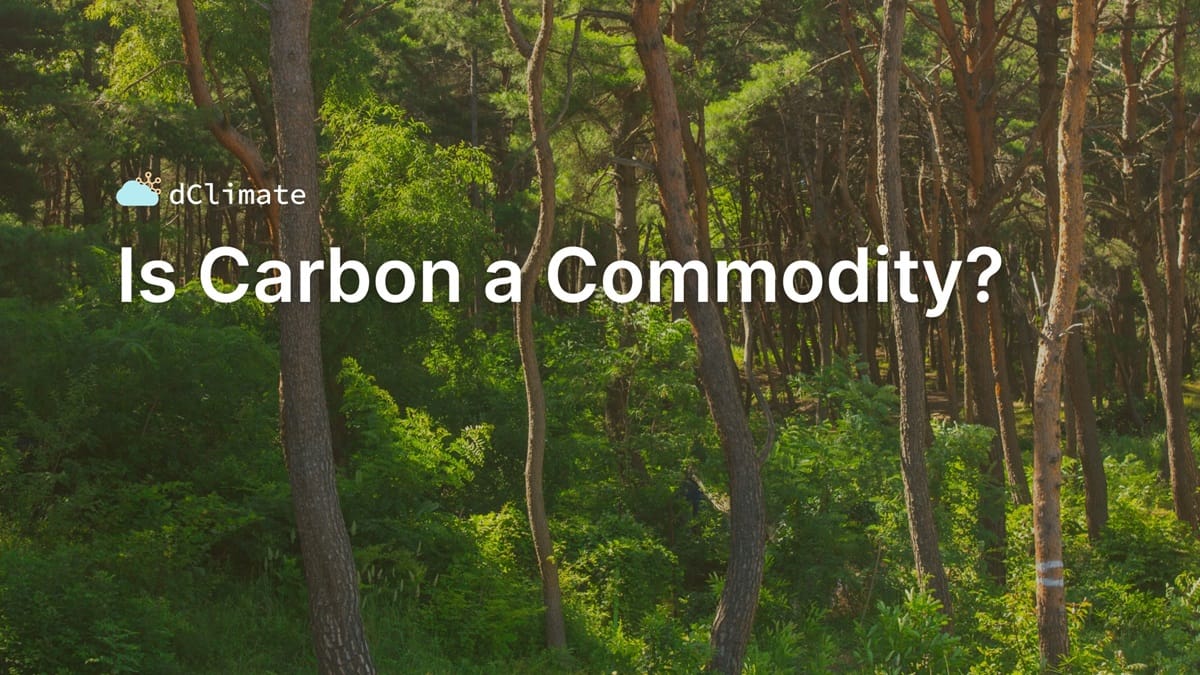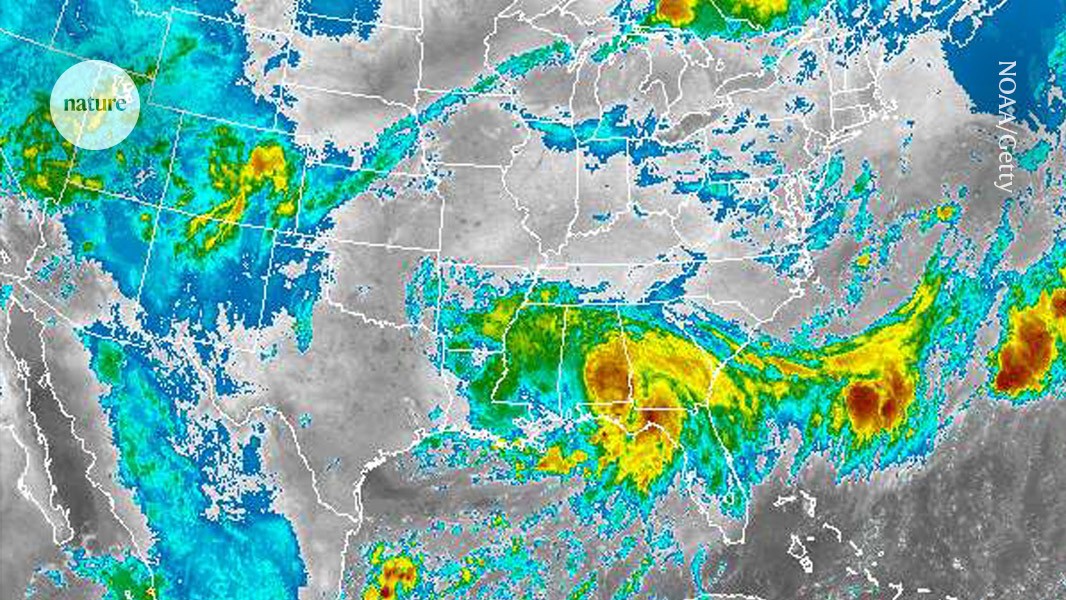Data ReFined #36: Is Carbon a Commodity?

The Newsletter for Climate Data, Regenerative Finance, and Climate Risk Management ⛅
This issue of our biweekly newsletter covers our recent webinar about price dynamics in carbon finance, an article detailing the benefits of tokenizing carbon credits, Arbol's latest explainer about parametric insurance for climate perils, and Google Research's new hybrid climate model.
Subscribe here and join over 4000+ readers!
Let's get started! 👇
Price Dynamics in the Voluntary Carbon Market (VCM)
Last week, we hosted a webinar featuring a panel of industry experts on price discovery mechanisms in the voluntary carbon market and the implications of viewing carbon credits as commodities.
If you missed the live event, you can watch the timestamped recording below or on our YouTube channel.
We will be sharing clips of this informative panel discussion on LinkedIn and Twitter, so make sure to follow us there!
Industry News

Meet CYCLOPS' New CEO
CYCLOPS is an AI-powered platform for monitoring natural capital and forecasting forest ecosystem health. This innovative carbon data platform is powered by dClimate’s decentralized climate data infrastructure. We are pleased to announce Dr. Sue Kyoung Lee's appointment as CEO of CYCLOPS.
Learn more about Dr. Lee and the future of CYCLOPS in the press release below.

The Benefits of Tokenizing Carbon Credits
Over the past few years, blockchain technology has enabled the tokenization of carbon credits. The article below discusses how decentralized finance (DeFi) platforms are improving transparency, accessibility, and security for tokenized carbon.

Collaborative Data Governance for Forest Intelligence
GainForest, a climate tech non-profit working on forest conservation, announced a Data Council that aims to standardize and validate metrics related to forest conservation, restoration, and sustainable land use.


Parametric Insurance for Climate Perils
Arbol recently published an in-depth explainer about parametric insurance and its potential to help businesses achieve financial climate resilience. The article highlights the benefits of parametric solutions, including rapid and efficient payouts in case of a natural disaster.
Find more detailed insights via the link below:

Buffer Pools in the Voluntary Carbon Market
Renoster and CarbonPool published a report examining buffer pools' limitations in the voluntary carbon market. The study suggests a new approach to ensure permanence, utilizing novel in-kind insurance solutions that provide stability for buyers and sellers.

Leveraging Nature-Based Solutions for Flood Management
Ontario's recent flooding emphasizes the need for improved flood management. Nature-based solutions, like wetlands and forests, are suggested as cost-effective and sustainable alternatives to traditional engineering methods like dams or dykes. These approaches also offer co-benefits such as better water quality and wildlife habitat preservation.


New Hybrid Weather Forecasting Model
Scientists at Google Research have developed NeuralGCM, a hybrid AI model that combines machine learning with traditional physics-based weather forecasting. The hybrid approach makes it more energy-efficient and faster than existing models.
NeuralGCM matches the accuracy of current AI models for short-term weather forecasts and also outperforms them in long-term climate predictions, making it a powerful tool for preparing for extreme weather events.

Analysis of Hurricane Models
The National Hurricane Center (NHC) published a study comparing hurricane models. The report showcased the NHC's HAFS-B model's accuracy for multi-day forecasts and the European EMXI model's performance on shorter timeframes. While new models might excel in certain situations, the authors advise not relying solely on them and instead using multiple models to ensure better predictions.

Thank You For Reading Our Newsletter! 💙
We greatly appreciate your interest and support! If you enjoyed this newsletter, please consider forwarding it to your network to increase awareness of these critical climate topics.
Join the Community!
We welcome your contributions, comments, feedback, and likes. Follow us via the channels below to get involved! 👇
Twitter | LinkedIn | Discord | Telegram | YouTube
Learn more about the decentralized and open climate data ecosystem we are building via the links below!
🌐 Visit our website
👉 Check out our products
💽 Explore 40+ TB of free climate data via our data marketplace and API









